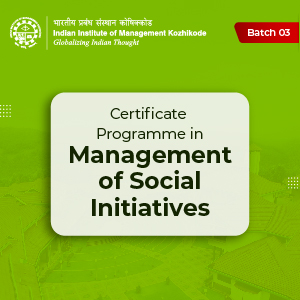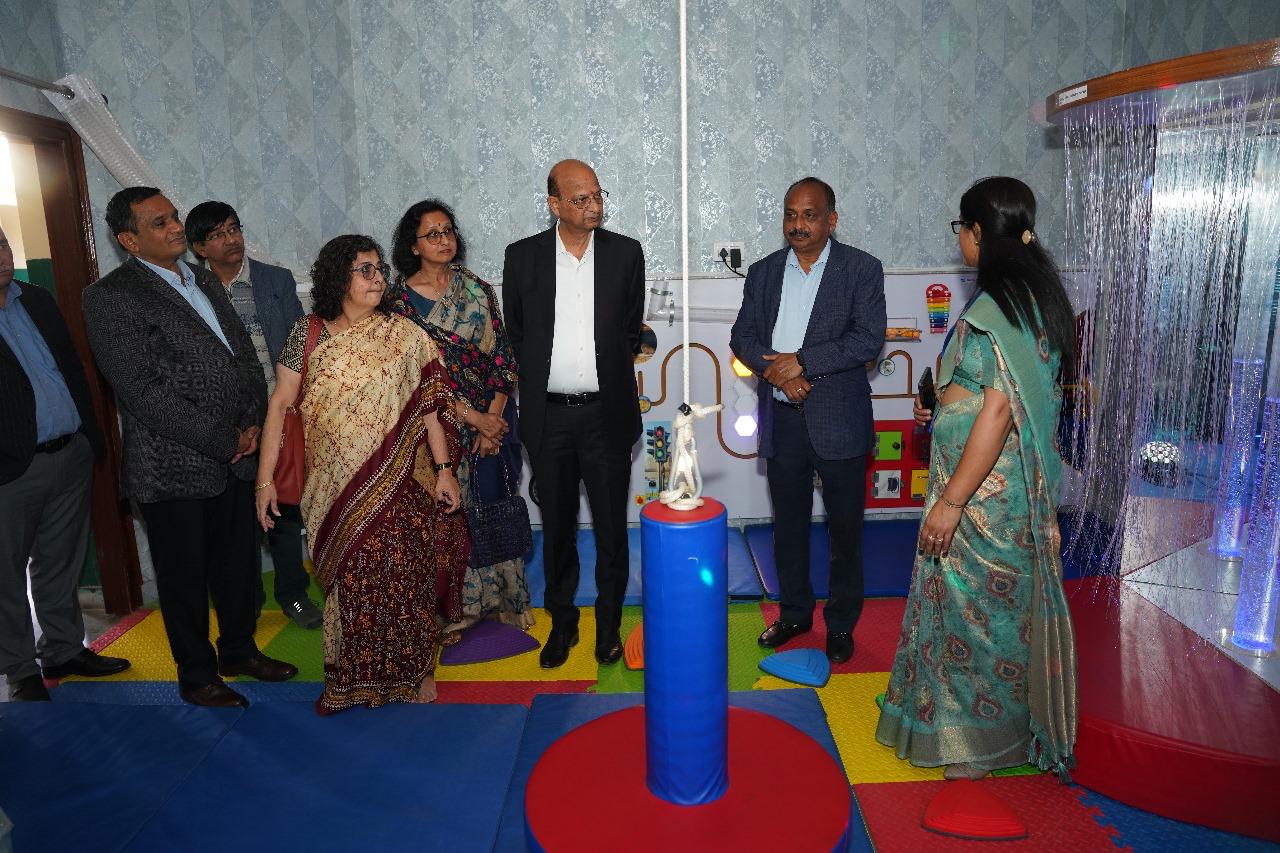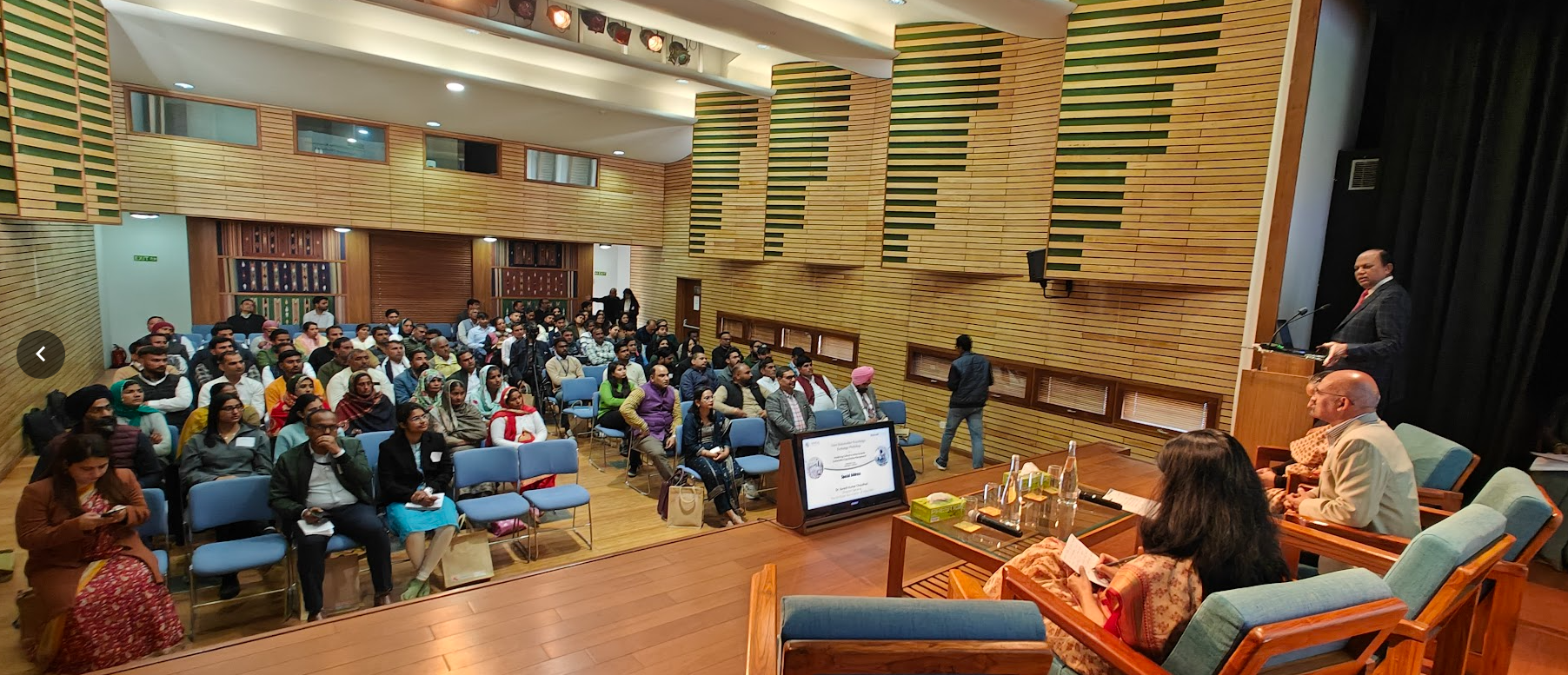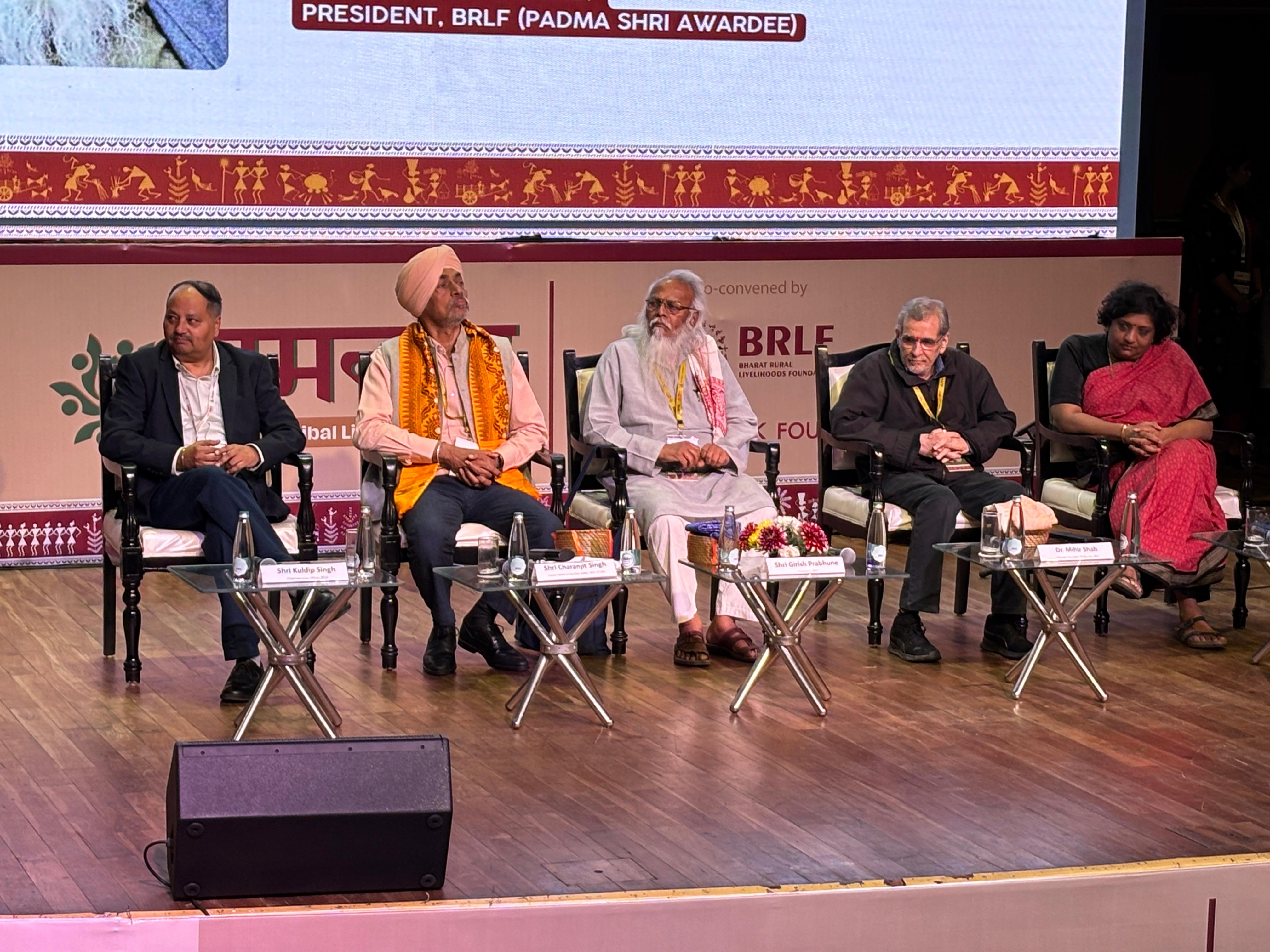Subscribe our Weekly Newsletter
Applications Invited for Innovative Data and Modeling Approaches to Measure Women’s Health

Organization: Bill & Melinda Gates Foundation
Apply By: 25 Mar 2025
Grant Amount: 150000 USD
About the Organization
In 2003, the Bill & Melinda Gates Foundation launched Grand Challenges in Global Health. This initiative initially focused on 14 major scientific challenges and awarded 44 grants totaling over $450 million for research projects and with an additional supporting project addressing ethical, social, and cultural issues across the initiative. The first decade of progress yielded diverse types of impact, and new challenges continue to be launched. In 2007, the Gates Foundation launched Grand Challenges Explorations to engage more of the world’s innovators more quickly through $100K initial grants addressing a range of challenges. Evolution of the initial projects over the first ten years confirmed that great ideas come from everywhere.
About the Grant
Now is the time to address this challenge. Current measurement frameworks, such as the Disability-Adjusted Life Year (DALY), fail to capture the full complexity of women's health outcomes, as they do not account for the multidimensional factors that shape health burdens and progress. These dominant metrics often overlook gendered conditions and social determinants of health, limiting the ability to generate actionable insights. Harmful norms and gender-related discrimination often contribute to poorer health outcomes in women, yet they remain inadequately reflected in existing indicators. Without alternative approaches that incorporate gender-sensitive and multidimensional factors, policies and interventions risk being misaligned with the real needs of women globally. This gap leaves critical gender-related conditions and non-health interventions unmeasured, further hindering progress in advancing women's health.
This Grand Challenge aims to bridge this gap by fostering innovative modeling approaches that rethink how women's health is measured, using available data, or easily obtainable, in new ways to provide a more holistic and actionable understanding of health outcomes. Advances in data science, modeling techniques, technological development, and gender-sensitive approaches present a unique opportunity to innovate; especially when global systems are facing unprecedented shifts that could further increase gaps in equity. This Grand Challenge builds on the Women's Health Innovation Opportunity Map 2023, developed collaboratively by over 250 global stakeholders across 50 countries through the Innovation Equity Forum (IEF). The Opportunity Map identified key gaps and priorities in women's health, emphasizing the need for innovation across multiple areas, including data and modeling, health and economic impact, supply and access to services, and skills, knowledge, and networks. The Opportunity Map serves as a roadmap for transformative solutions that address systemic barriers and advance gender-equitable health outcomes for women.
This Grand Challenge on Innovative Data and Modeling Approaches to Measure Women's Health seeks to advance innovative ways to measure women's health by either developing new measurement models or adapting existing ones to better capture the full scope of women's health burdens and progress. This Grand Challenge prioritizes solutions that leverage data sources that are existing or under development rather than relying on new, large-scale data collection efforts, ensuring sustainability and feasibility.
Objectives
We invite applicants to explore bold, innovative approaches. Specifically, the objectives of the Challenge will be to:
- Reimagine new ways to understand and measure women's health that extend beyond the limitations of existing composite indicators such as DALY.
- Use existing data sets or easily collectible datasets to quantify women's health outcomes across countries. While this Grand Challenge does not fund large-scale data collection, proposals may include small-scale data expansion where it is feasible, policy-relevant, and significantly enhances gendered analysis.
- Design innovative methodologies that incorporate gendered, socio-cultural, economic, and structural determinants of health, ensuring a comprehensive gender-sensitive approach (A gender-sensitive approach takes into consideration how one's gender impacts access to services, risk and protective factors and barriers that are uniquely experienced because of one's gender in a society).
- Create tools or frameworks that enable cross-cultural or subnational comparative analysis, identifying context-specific gaps and progress.
- Reflect the interconnected dimensions of women's health across the life course
- Incorporate gaps in the measurement of:
- Skills, knowledge, and networks: addressing how gender disparities in education, training, and professional networks impact health access, decision-making, and service delivery.
- Supply and access to services: examining how health systems, financing mechanisms, and gender-based barriers affect the availability, affordability, and accessibility of essential services for women
- Health and economic impacts: capturing the intersection of health outcomes with economic participation, caregiving burdens, workforce inclusion, and financial independence.
Produce outputs that are:
- Methodologically rigorous: applying sound data science, statistical modeling, or analytical techniques that enhance the validity and reliability of women's health measurements.
- Interpretable and actionable: ensuring results can be understood and applied by policymakers and implementers.
- Comparative and scalable: enabling cross-cultural or subnational analysis to identify patterns, disparities, and opportunities for intervention.
- Gender-sensitive and intersectional: incorporating the social, economic, and structural determinants that affect women's health outcomes.
- Policy-relevant and decision-oriented: providing insights that have the potential to directly inform policies, resource allocation, or program design to improve women's health measurement and action.
Funding
We will consider proposals for awards of up to $150,000 USD for each project, with a grant term of 18-24 months.
Eligibility
- This initiative is open to nonprofit organizations, for-profit companies, international organizations, government agencies and academic institutions. They particularly encourage applications involving projects led by women, early-career researchers and practitioners seeking to innovate in women’s health measurement, or from women-led organizations and applications from institutions based in low- and middle-income countries. They also encourage collaborative submissions across disciplines such as economics, public health, and gender studies.
- They are looking for proposals that:
- Demonstrate innovative thinking in modeling women’s health, providing creative methodologies or tools to address gaps in measurement.
- Leverage existing data sources and/or explore datasets that are feasible to collect within current capacities.
- Incorporate intersectional approaches, addressing disparities (social, economic, and structural determinants of health) that disproportionately impact women.
- Align with the Opportunity Map dimensions, focusing on multidimensional indicators beyond traditional composite measures.
- Show potential to generate actionable insights for policy and programmatic interventions at a national and/or global scale.
- Enable cross-country or subnational comparisons, offering solutions that reveal context-specific gaps and opportunities for progress.
- Present a clear pathway for real-world impact, outlining how the outputs can inform resource allocation, policy, or program design.
- Highlight the potential for scalability and adaptability of the proposed approach across diverse country contexts.
- Promote interdisciplinary collaboration, combining perspectives from multiple sectors such as public health, data science, economics, and gender studies.
How to Apply
Deadline: Mar 25, 2025, 11:30 am PDT
For more information please check the Link
Stay in the loop with the newest RFPs and Grants through NGOBOX's WhatsApp Channel. Join now by clicking here!
Latest Online Store
Latest Tenders And EOIs
Latest News
© Renalysis Consultants Pvt Ltd















.png)










